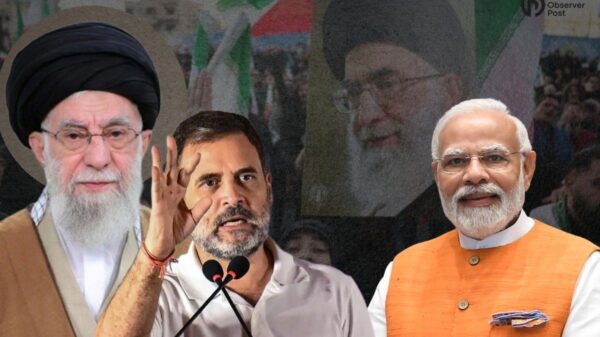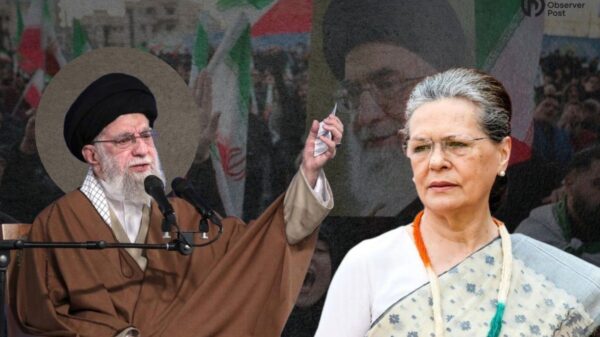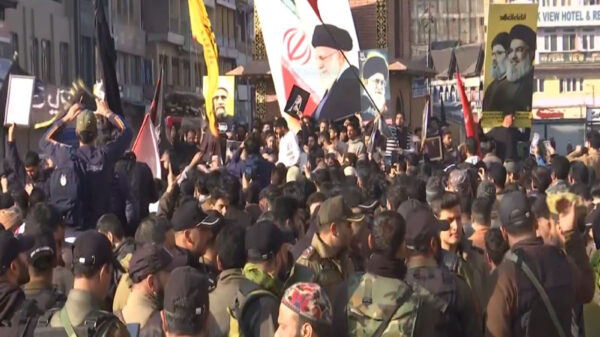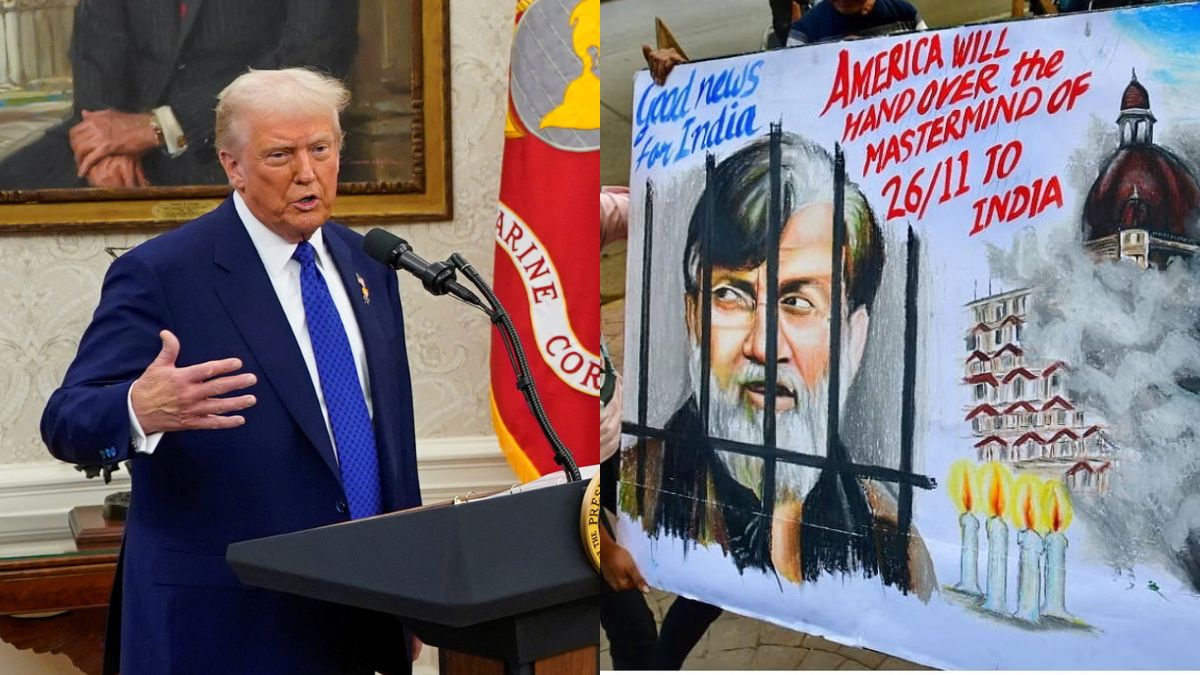Fifteen years after the horrific 26/11 Mumbai attacks, the U.S. has sanctioned the extradition of Tahawwur Rana, a key accused, clearing the way for him to face trial in India. Rana, a Canadian national of Pakistani origin, is currently held at a metropolitan detention center in Los Angeles.
Announcing the decision at a joint press conference with Indian Prime Minister Narendra Modi, former US President Donald Trump referred to Rana as “one of the plotters and very evil people of the world.” He said, “My administration has approved the extradition of one of the plotters of the horrific Mumbai terrorist attack. He is going back to India to face justice.”
Trump also hinted at more extraditions to follow. “There are more to follow because we have quite a few requests. We work with India on crime and we want to make it good for India,” he added.
Prime Minister Narendra Modi expressed gratitude for Trump’s decision to extradite Rana. “We will cooperate in fighting terror. Tough action is needed against cross-border terrorism. Grateful to President Trump for deciding to extradite 26/11 terrorist Tahawwur Rana. Our courts will bring him to justice,” Modi stated.
Regarding the timeline of Rana’s extradition, Indian Foreign Secretary Vikram Misri noted, “We are working on the logistics of his surrender and extradition to India. There are a few final steps to be completed, and both sides are in close coordination on this matter.”
The extradition was confirmed after the US Supreme Court, in January, rejected Rana’s review petition, closing the last legal hurdle. India’s Ministry of External Affairs had earlier stated that it was working closely with American authorities to ensure the swift transfer of the accused.
“The US Supreme Court on January 21 declined to hear a petition from the accused. We are now working with the US side on procedural issues for early extradition to India,” ministry spokesperson Randhir Jaiswal said last month.
Rana, a known associate of Pakistani-American terrorist David Coleman Headley, played a crucial role in facilitating the Mumbai attacks.
On November 26, 2008, ten Pakistani terrorists infiltrated Mumbai via the Arabian Sea and launched coordinated strikes at multiple locations, including the Chhatrapati Shivaji Maharaj Terminus railway station, the Taj Mahal Palace Hotel, the Oberoi Trident Hotel, and the Jewish center Nariman House. The assault, which lasted nearly 60 hours, claimed 166 lives and left hundreds injured.
The extradition of Rana marks a significant step in India’s long-standing efforts to bring the perpetrators of the 26/11 attacks to justice. While Ajmal Kasab, the only surviving gunman from the attack, was executed in 2012, India has repeatedly urged Pakistan to take action against those responsible, with little progress seen in their trials.
With legal roadblocks now cleared, India is set to receive Rana and prosecute him under its anti-terror laws, a move seen as a crucial step toward securing justice for the victims of one of the deadliest terror attacks in the country’s history.

































































